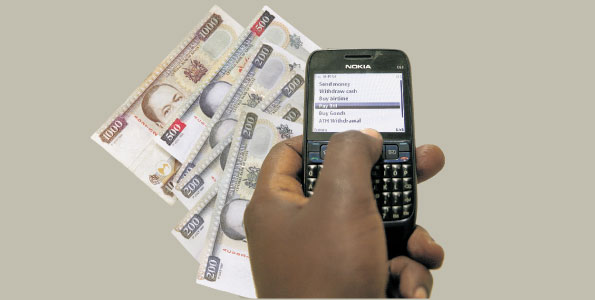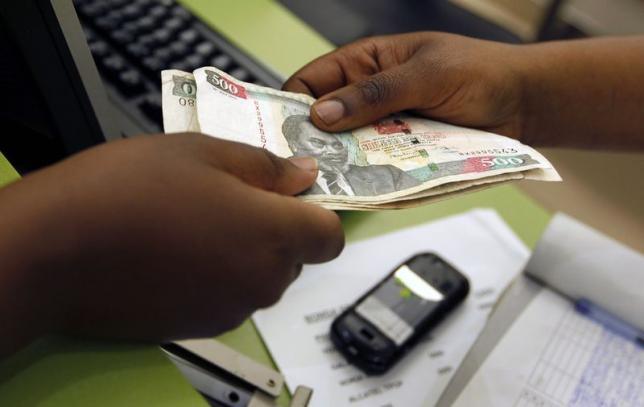Compared to mobile money, credit cards and debit cards have had little to no penetration in most developing nations both in Africa and the Middle East. This is mainly due to the restrictive nature of financial institutions such as commercial banks especially when consumers from the lower end of the market tries to use some of their services.
Long story short, banks could not take on the larger informal sectors and the low-income population that forms the bulk of most developing nation’s population. Thus, telecoms have access even to the remotest places in developing countries like Kenya came up with a revolutionary financial product dubbed mobile money.
Mobile money services allowed the low-income and informal sector to send and receive money, pay their utility bills and with time they became a big success. More than credit cards, debit cards or any of the conventional services offered by banks could ever be within the low-income market.
Kenya is indeed the poster child for mobile money success in developing nation, through Safaricom’s M-Pesa services. The Kenyan government wants to use the success of mobile money to deploy yet another innovative money market instrument that will see the financial democratization and inclusion.
For long, trading in Government Bonds in Kenya has been the reserve of the wealthy and influential; which is only a handful of people compared to the entire population. Meaning the domestic money markets was only a rich men playing ground and the poor could only watch from afar if at all they were aware of its existence and how they could potentially gain by also trading.
Innov8tiv highlighted this story back in July, but in less than a month, the Kenyan Government is going to redefine the rules of the game in the domestic money market in as far as trade in Government bonds and securities is concerned. The Government has lowered the premiums from Ksh.50,000 to Ksh.3,000, and citizens can now trade in the Government Bonds from the convenience of their mobile phones, through a newly established M-Akiba Bond.
The maximum an individual can trade in a day is Ksh.140,000 per day. This move is expected to increase the uptake of government securities by more citizens across the country.
Henry Rotich, the Cabinet Secretary, National Treasury said, “In three weeks, over 23 million Kenyans will have the potential to participate in a Ksh.5 billion Government Infrastructure Bond. This historical development is testament or our commitment to embrace innovation to democratize the uptake of government securities.
Over the years, 98% uptake in government bonds has been by institutional investors, with only two percent going to individual investors; and this has left out many Kenyans from participating in raising funds for nation building.”
His counterpart, Geoffrey Odundo, the CEO at NSE also said, “Throughout the process, we have kept our eyes on the ultimate target; promoting financial inclusion in Kenya. The M-Akiba will enable an entirely new group of investors to access Government debt securities via their phones, which will undoubtedly drive up the national savings rate.”
Once the service goes live, a Kenyan will be able to participate in the Ksh.5 billion Government Bond trade by just dialling *889# from their phones. Using their national ID and following the prompts, they will be able to trade in government bonds and securities. Once their bond matures, their principal amount and any forthcoming interest will be paid to them via their M-Pesa accounts.
The M-Akiba product was developed by the Nairobi Securities Exchange (NSE), the Capital Markets Authority (CMA), Central Bank of Kenya (CBK), the Kenya Association of Stockbrokers and Investment Banks, the Nairobi International Financial Center Authority, the National Treasury, the Central Depository and Settlement Corporation, and the ICT Authority.



